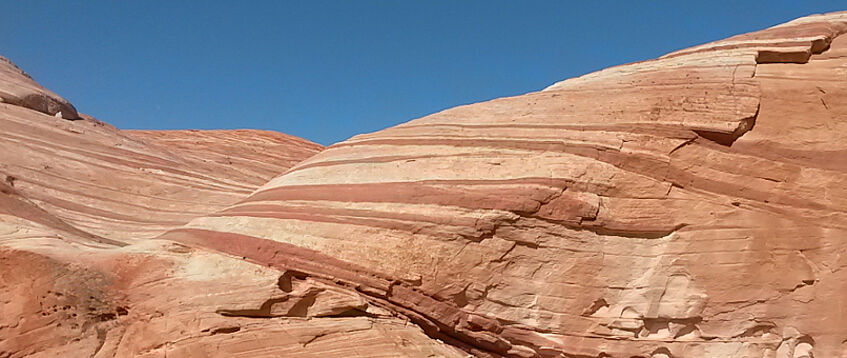Studying Earth Sciences

Copyright: Stephan Glatzel
The evolution of planet Earth
How did the earth develop? What are the characteristics of its evolution? What does the system of planet Earth look like today and how could it change? The degree programme provides insights into the physical, chemical and biological processes that have been taking place in the mantle, crust, hydrosphere, atmosphere and biosphere of planet Earth ever since its formation. Students acquire the necessary basics to understand and analyse the processes of plate tectonics and geodynamics, the formation and evolution of life and the impact of human beings on the environment. The ability to describe different kinds of geomaterials and their forms, based on investigations in the field and laboratory, is just as essential as knowledge of the cycles and availability of natural resources and the behaviour of environmental pollutants.
The discipline of earth sciences covers a wide range of subjects, ranging from mineralogy, crystallography and petrography to geology and palaeontology. Competences in earth sciences are in great demand in a range of professional fields, such as the raw material (processing) industry, construction and civil engineering, water management as well as for jobs in public agencies and museums.
Range of degree programmes
- Master's programme in Earth Sciences
- Doctoral programme in Earth Sciences
Contact
- StudiesServiceCenter
- Directorate of studies 28: Earth Sciences, Meteorology-Geophysics and Astronomy
- Directorate of doctoral studies 45: Earth Sciences, Geography and Astronomy
- Students' representatives
- Department of Geology
- Department of Lithospheric Research
- Department of Mineralogy and Crystallography
- Department of Palaeontology
